The ability to read and write shell scripts is an essential skill for system administrators. They are used to automate frequently executed tasks, saving system administrators time and reducing the likelihood of mistakes. This lab is brought to you by the Rochester Institute of Technology Global Cybersecurity Institute.
In this lab students will learn to write a simple Bash script that automates the task of creating user accounts, adding accounts to a group, and creating a shared workspace for this group.
Prerequisites
Students must have some familiarity with the Unix/Linux Terminal and shell commands. They must also know how to edit text files using nano, vi/vim, or emacs.
Students without these prerequisites should first complete the free Getting Started with CYRIN lab.
Expected Duration
1 hour, self-paced. Pause and continue at any time.
1 CPE awarded on successful completion.
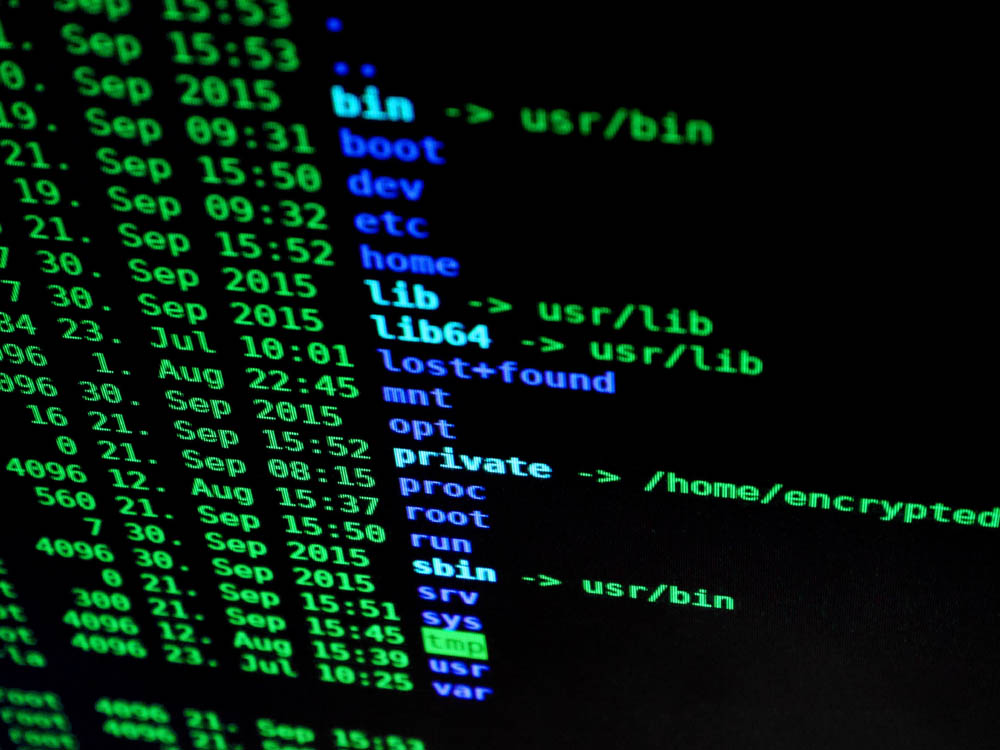
The Linux and Windows command lines are powerful tools that allow software developers, system administrators, and users to quickly and efficiently perform tasks, without the need for a graphical user interface (GUI). Command line interfaces eliminate the need for scrolling through and clicking on GUI tabs and dialogs. The ability to use the command line is essential for managing Linux servers that typically do not have graphical user interfaces.
This lab introduces the Windows Command Prompt and PowerShell, and the Linux Terminal. It goes beyond the basics of the Windows PowerShell and Terminal covered by the Getting Started with CYRIN lab.
Prerequisites
None.
Expected Duration
1.5 hours, self-paced. Pause and continue at any time.
1.5 CPEs awarded on successful completion.

This lab teaches concepts that are fundamental to using and administering a system running the Linux operating system. The lab teaches the basics of the Linux file system and how to navigate it, the use of permissions on files and directories to manage access, command output redirection and pipes, and commands that will help an administrator be more efficient.
Knowledge of Linux is often essential for IT roles because it powers a significant portion of enterprise web and database servers, cloud infrastructures, and Internet of Things (IoT) devices.
Prerequisites
The Getting Started with CYRIN lab.
Expected Duration
2 hours, self-paced. Pause and continue at any time.
2 CPEs awarded on successful completion.
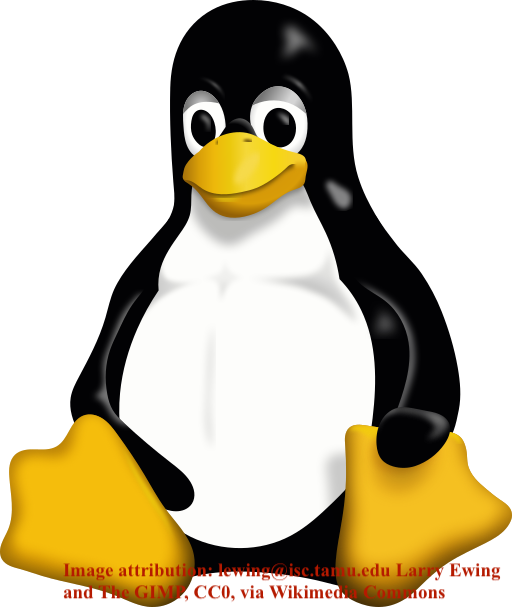
In this lab students will learn the fundamentals of Windows Operating System administration. They will use the Microsoft Management Console (MMC) for device and disk management, viewing events, managing users and user groups, and scheduling tasks. They will also learn about the Windows Registry and how to view and change registry settings. This lab is brought to you by Prof. David Hozza of Penn State University.
Prerequisites
Basic familiarity with the Windows operating system.
Expected Duration
2 hours, self-paced. Pause and continue at any time.
2 CPEs awarded on successful completion.
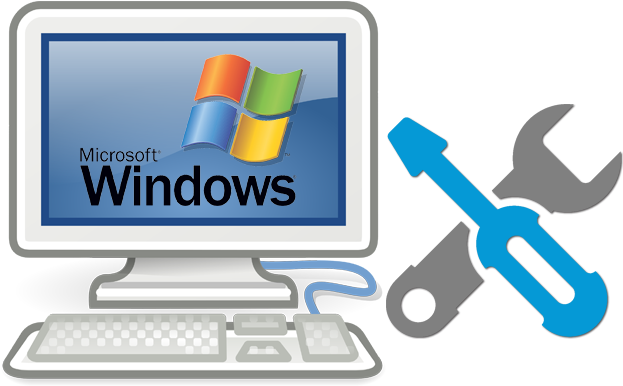
This lab will introduce students to MariaDB and MySQL by having them create a database, add tables to the database, populate data tables, and retrieve information from the database. They will do this using the MySQL command line interface. This lab is brought to you by the Rochester Institute of Technology Global Cybersecurity Institute.
MariaDB is a fork for the widely used MySQL database management system (DBMS). Both are open-source software and are largely compatible.
Prerequisites
Basic understanding of relational databases. Some knowledge of SQL will be helpful but is not required.
Expected Duration
1.5 hours, self-paced. Pause and continue at any time.
1.5 CPEs awarded on successful completion.

In this lab students will learn to use Jenkins, a widely used automation tool to set up a CI/CD (continuous integration/continuous delivery) pipeline. CI establishes a consistent and automated way to build, package, and test applications. CD automates the delivery of applications. A pipeline is the set of software integration, testing and deployment steps that the software being developed must go through. This lab is brought to you by the Rochester Institute of Technology Global Cybersecurity Institute.
CI/CD is the backbone of DevOps, a set of practices and tools that increases an organization’s ability to deliver applications and services at high speed, evolving and improving products at a faster pace.
Prerequisites
Basic knowledge of web architecture, some familiarity with the Linux command line and text editors.
Expected Duration
2 hours, self-paced. Pause and continue at any time.
2 CPEs awarded on successful completion.
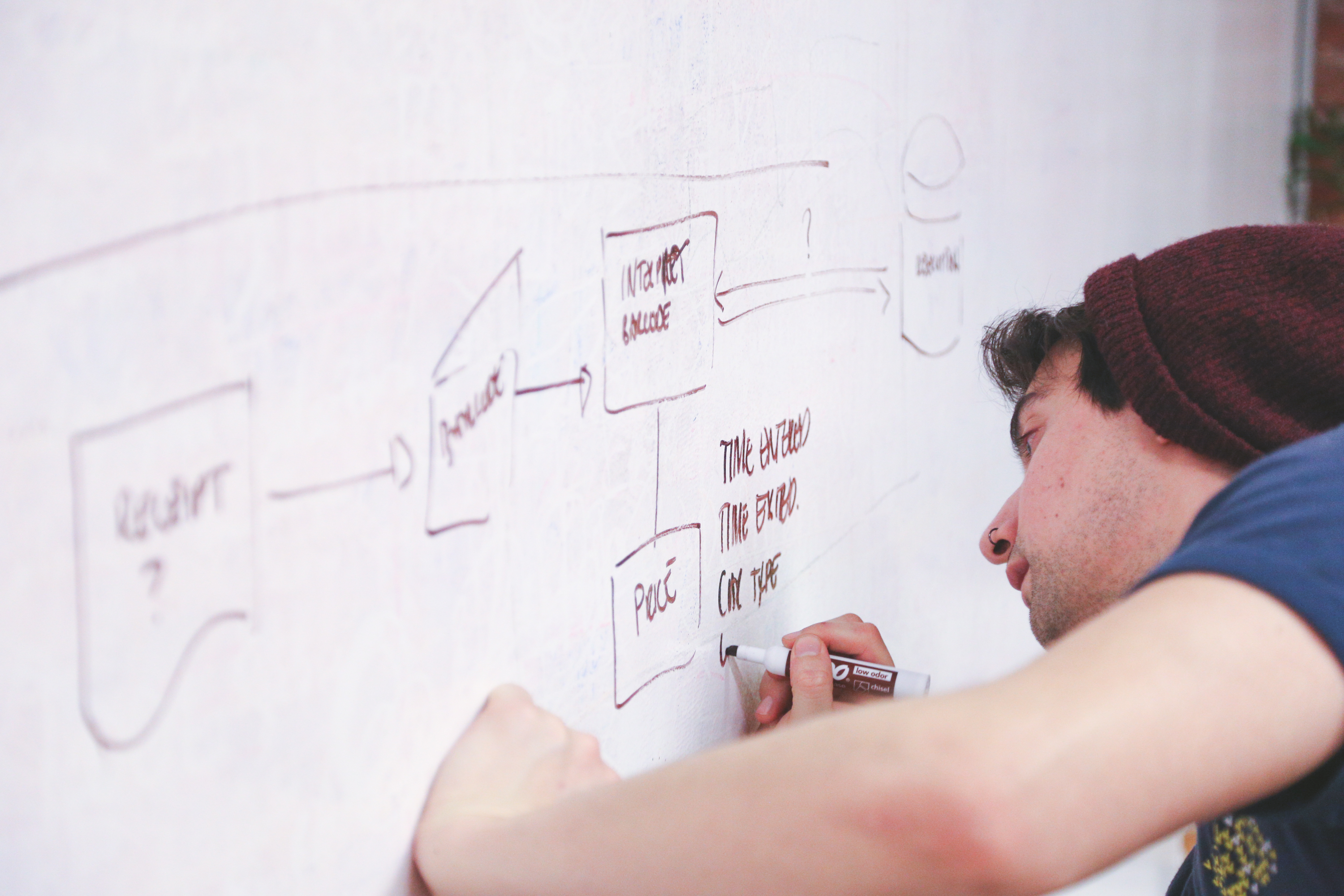
Active Directory (AD) is part of the Windows Domain Controller (DC). It is a service that stores information about users and network resources such as computers on the network. AD simplifies network management: Security policies can be defined on the AD and applied to all computers in the domain. User accounts can be created and managed centrally using the Active Directory Administrative Center. This lab is brought to you by the Rochester Institute of Technology-Global Cybersecurity Institute.
In this lab students will learn to install AD on a Windows DC, join computers to the domain, and create domain user accounts. After completing this lab, students are encouraged to do the CYRIN Using Active Directory to Manage Domain User Accounts lab, where they will learn to set up AD security policies and assign them to users and organizational units.
Prerequisites
Some familiarity with the Windows operating system.
Expected Duration
1.5 hours, self-paced. Pause and continue at any time.
1.5 CPEs awarded on successful completion.
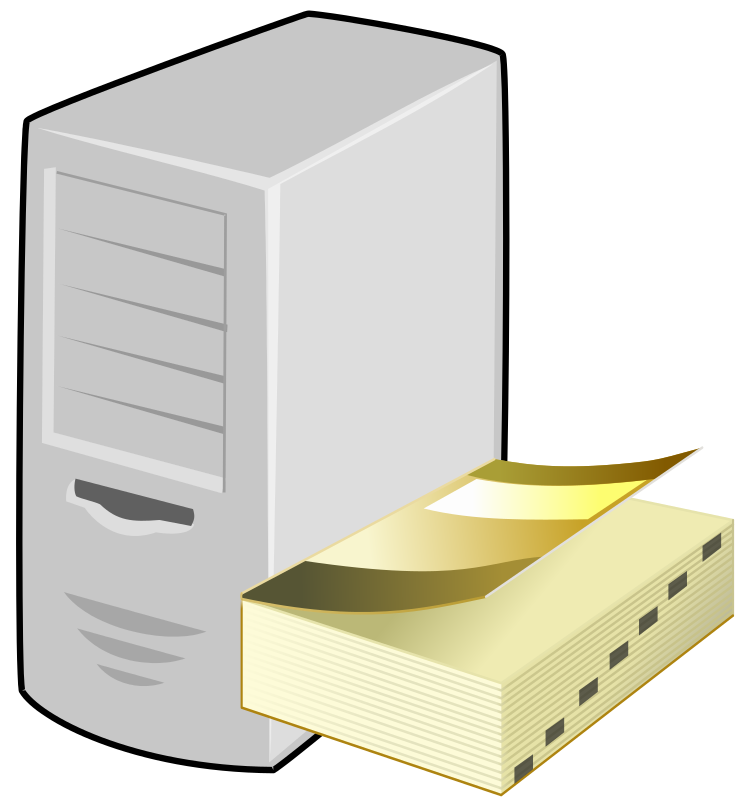
Docker is a light-weight virtualization technology to package applications and their dependencies in a virtual container. Docker greatly simplifies software deployment because Docker containers can run on any Linux, Windows, or MacOS computer. Docker containers are isolated from one another and a single computer can run a very large number of containers. Knowledge of Docker is an essential for anybody involved with modern software development practices. This lab is brought to you by the Rochester Institute of Technology-Global Cybersecurity Institute.
In this lab students will learn basic Docker commands to pull container images from a registry, run them, change them, and push changes back to the registry. They will learn to use docker-compose to build an application consisting of multiple containers. Finally, they will learn the basics of Docker networking.
Prerequisites
Some familiarity with the UNIX/Linux command line and with text editors. The free Getting Started with CYRIN labs covers these prerequisites.
Expected Duration
2 hours, self-paced. Pause and continue at any time.
2 CPEs awarded on successful completion.

